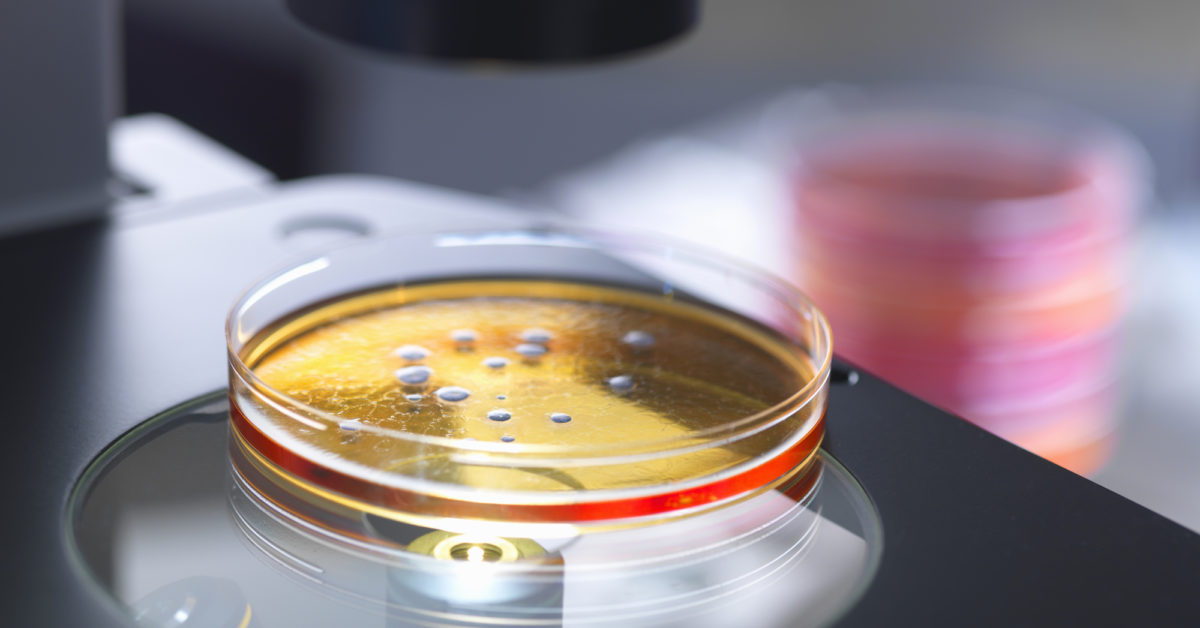The authors of a recent paper ask what role gut bacteria might play in COVID-19. They outline strands of existing evidence and conclude that a link between the two is plausible, but that more research is necessary.
Scientists have implicated gut bacteria in a number of conditions. From type 2 diabetes to depression, researchers have observed relationships between a wide range of disease states and the organisms that live in our gastrointestinal tract.
The recent paper outlines previous research that demonstrates links between lung health in general and gut bacteria.
On the surface, a link between the gut and COVID-19 might seem unlikely. However, there are a number of reasons to suspect such a relationship.
For instance, gastrointestinal symptoms are a relatively common feature of COVID-19. In one study, more than half of those with the disease reported digestive symptoms, including diarrhea and vomiting.
Another link between the new coronavirus and the gut involves ACE-2 receptors. These receptors are SARS-CoV-2’s entry point into cells; they are expressed in a few anatomical sites, including the lungs and the gastrointestinal tract.
Also, researchers have detected SARS-CoV-2 in the stool of people with COVID-19.
In the new paper, which appears in the journal Virus Research, the authors outline how our microbiome might influence either our risk of developing COVID-19 or the severity of the disease. Although there is no direct evidence, the researchers collate various lines of converging evidence.
A link between the lungs and the gut seems somewhat unexpected. However, as the authors discuss in their paper, this is not a new idea. The so-called gut-lung axis describes the cross-talk that occurs between gut microbiota and the lungs.
This communication travels in both directions: Endotoxins and metabolites that bacteria produce in the gut can travel through the blood and influence the lungs. In a similar manner, inflammation in the lungs can affect bacteria residing in the gut.
“This raises [the] interesting possibility that [SARS-CoV-2] might also have an impact on the gut microbiota,” the authors explain. “In fact, several studies have demonstrated that respiratory infections are associated with a change in the composition of the gut microbiota.”
They also note that some studies have demonstrated links between acute respiratory distress syndrome, which occurs in severe cases of COVID-19, and gut microbiota. Further to this, they explain that in mice, “removal o

